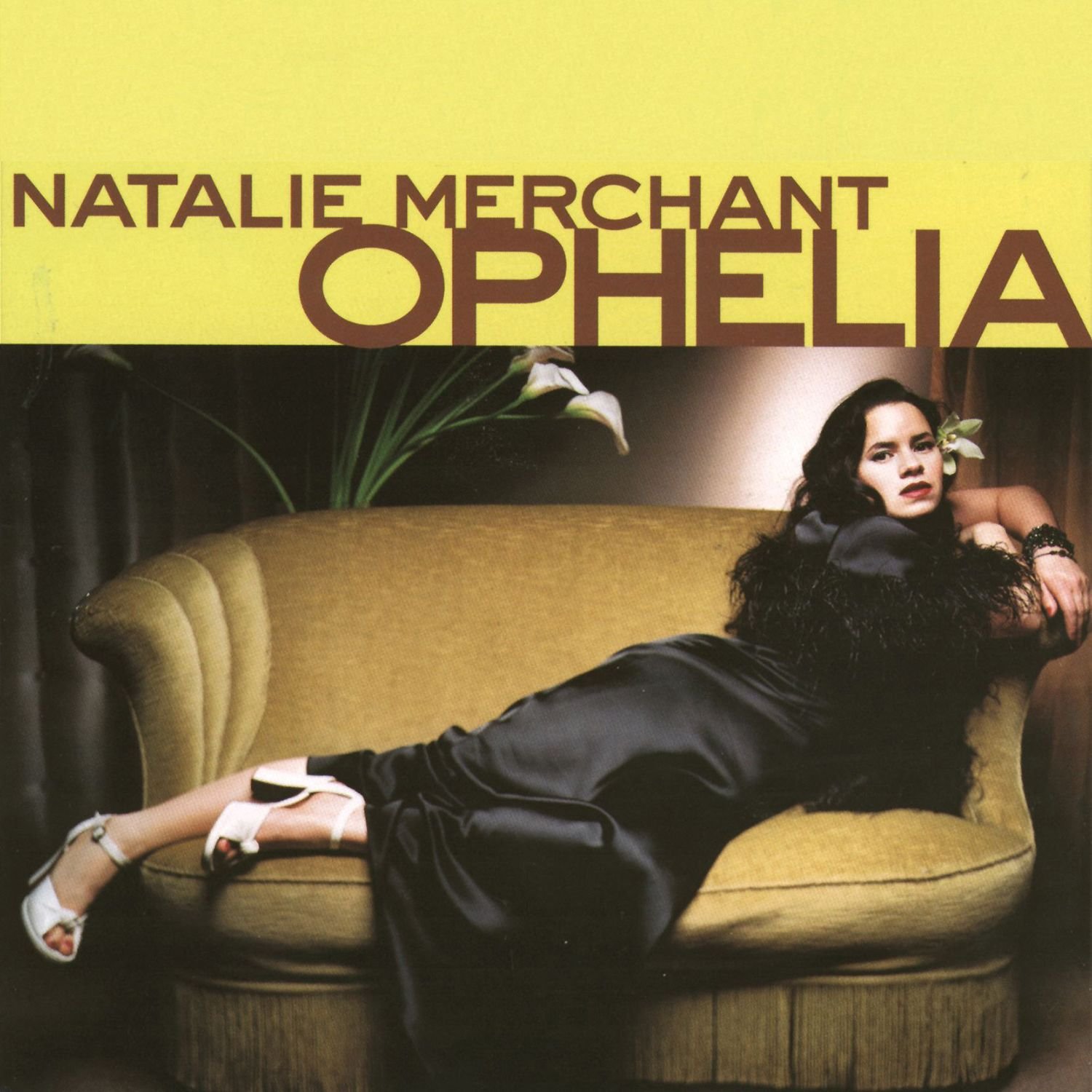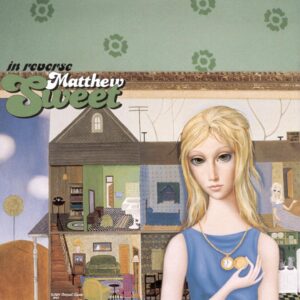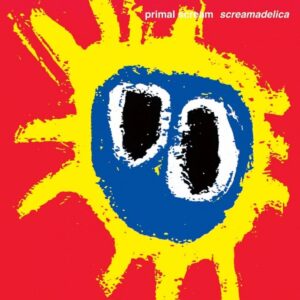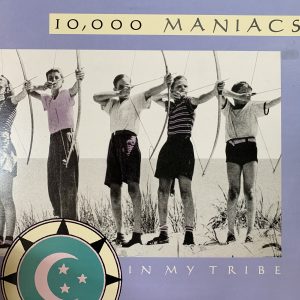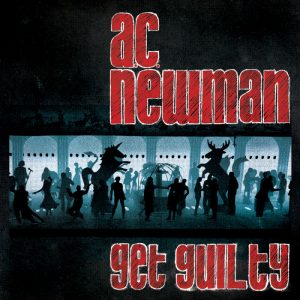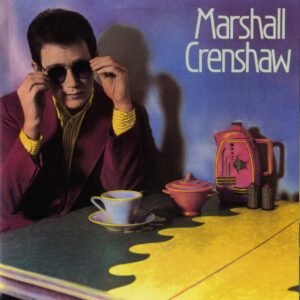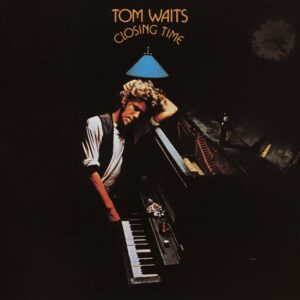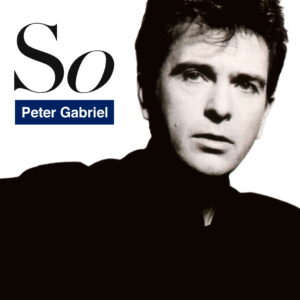
Tired of making art by committee, Natalie Merchant left the 10,000 Maniacs in 1993. She wasn’t yet 30, but had served as lead singer for the alternative band for more than a decade. She immediately eclipsed her former band with her 1995 debut album Tigerlily, which spawned the top ten single ‘Carnival’ and went five times platinum. Merchant’s solo output slowed after 2001’s Motherland, as she became a mother. Merchant’s appeal as a solo artist is as a thoughtful singer-songwriter with a distinctive voice.
Natalie Merchant Album Reviews
Tigerlily | Ophelia | Live In Concert | Motherland | The House Carpenter’s Daughter | Leave Your Sleep | Natalie Merchant | Butterfly | Rarities
Tigerlily
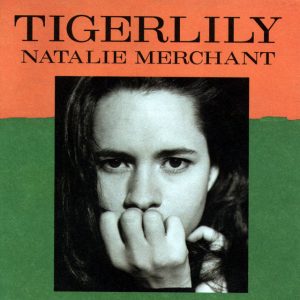
1995, 7.5/10
Merchant’s solo debut is easily her best-known record, either with the 10,000 Maniacs or solo. She refused to take a record company advance, instead funding the album herself to allow full creative control. The warmly minimalistic sound is endearing, and her warm, husky tones give depth to the material. Tigerlily can be a little dull at times with the mellow arrangements, and it gets bogged down in the middle with the lengthy ‘I May Know The Word’. It’s not Merchant’s best record, but it’s easy to see how it sold well on the back of strong singles. It was released a week before Alanis Morrissette’s Jagged Little Pill, another huge solo album from a female artist, and it’s very much the opposite; calmly contemplative as opposed to Morrissette’s angst.
The singles are strong – the lyrics of ‘Wonder’ are ridiculous on paper, but work on record. “Doctors have come from distant cities” is an impressively evocative opening line. ‘Carnival’ employs a 1990s pop beat successfully, with Jennifer Turner’s raw guitar leads adding an edge. There are strong deep cuts too; ‘San Andreas Fault’ is an excellent opener, while the acoustic folk of ‘Where I Go’ is lovely.
There are a few dull patches here and Merchant would go on to deepen her craft with subsequent releases, but Tigerlily is a fine start to her solo career.
Ophelia
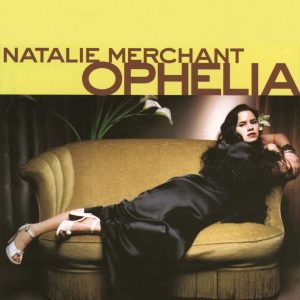
1998, 8/10
Merchant’s sophomore album is a concept album, written from the perspectives of a woman with a multiple personality disorder. It wasn’t as successful as Tigerlily commercially, but it’s a more substantial record. A broader palette of sounds makes it stand up better to repeated listening; additional personnel include Daniel Lanois on guitar, Gavin Bryars arranging orchestrion on the reprise of the title track and Tibetan singer Yungchen Lhamo on ‘Effigy’. The rhythm section of Graham Maby and Peter Yanowitz also does an excellent job.
It’s easy to see why Ophelia was less successful than Tigerlily – there’s only one obvious single. Fortunately, it’s among Merchant’s best; ‘Kind And Generous’ is lovely with its warm Wurlitzer electric piano. There’s a charming cover of ‘When They Ring The Golden Bells’, where Merchant duets with Karen Peris. The remainder of the songs are more insular, but reveal themselves eventually; ‘King Of May’ is a gorgeous vocal melody, while ‘Frozen Charlotte’ is haunting and minimal. Some of the longer songs also showcase terrific instrumental skills; the sometimes preachy ‘Break Your Heart’ features some creative trumpet lines, while Lanois gets a chance to cut loose on the extended ‘Thick As Thieves’.
It’s less radio-friendly than Tigerlily, but Ophelia is the more substantial album.
Live In Concert
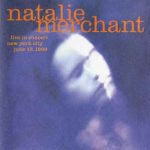
1999
Releasing a live album after two studio albums seems a little premature, but this is an enjoyable record. Merchant throws in covers of Bowie’s ‘Space Oddity’ and Neil Young’s ‘After The Gold Rush’, and dips into her 10,000 Maniacs catalogue as well. The tracklist isn’t predictable – the only two 10,000 Maniacs songs are ‘Gun Shy’ and ‘Dust Bowl’, and there’s only one track from Ophelia.
Motherland
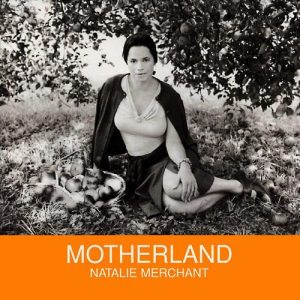
2001, 8.5/10
The recording of Merchant’s third and most ambitious solo album wrapped up just before the 2001 attacks on New York. It was spooky timing given that the album opens with a middle eastern flavoured track titled ‘This House Is On Fire’, where Merchant sings”I’ve been reading all the warnings and the danger signs……it’s all gonna catch like a house on fire”. The album cover was to feature children wearing gas masks, but the reshoot scheduled for September 11 was understandably cancelled.
Produced by rootsy producer T-Bone Burnett, the disparate tracks of Motherland are grouped in a way that makes the album feel like three EPs stitched together. The first clutch of songs feel rooted in the American south, the folk of the title track and the soul grit of ‘Saint Judas’ and ‘Build A Levee’. The middle of the record sags a bit, with ambitious but not entirely satisfying pieces ‘Henry Darger’ and ‘Golden Boy’. The more accessible pop/rock songs are clustered at the end of the record.
Merchant’s voice sounds great on the earthy soul pieces early on the record. Merchant’s voice is sultry on ‘Put the Law on You’ while Mavis Staples guests on the cutting ‘Saint Judas’ with its coda calling out the southern states. The acoustic title track is pretty, while a lot of the most accessible stuff is buried late in the record – ‘Just Can’t Last’ and ‘Tell Yourself’ are great tunes. The latter has some of Merchant’s best lyrics too – I love the line “Ever since Eden we’re built for pleasing everyone knows”, while the conclusion that “And there’s just no getting ’round the fact/That you’re thirteen right now” is brilliant.
Motherland drags a little in the middle, but it’s still my favourite Merchant record.
The House Carpenter’s Daughter
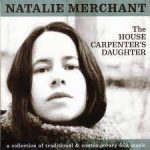
2003, 7/10
Merchant surrendered her career momentum, following up her best record with an album of folk covers. It feels like a placeholder while other events in her life took priority – she also married and had a child in 2003. The House Carpenter’s Daughter largely sounds like what you’d expect from a Merchant folk covers album – Merchant’s sincere covers of folk chestnuts. Richard Thompson’s ‘Crazy Man Michael’ is the newest song here, originally released on 1969’s Liege & Lief, but it’s always sounded like a timeless folk classic to me and it makes sense here.
While a lot of the record is predictable, there’s a transcendently gorgeous stretch on the second side. Merchant’s sounds terrific on ‘House Carpenter’ and ‘Owensboro’. With its fiddle soloing and tale of doom, the former could have come from Fairport Convention’s Liege & Lief.
The House Carpenter’s Daughter feels like a placeholder, but Merchant sounds great on these traditional songs anyway.
Leave Your Sleep
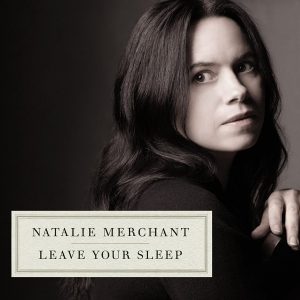
2010, 5.5/10
Natalie Merchant certainly commits to her fifth studio project, adapting 26 children’s poems into song. It’s a whopping 144 minutes long, and it’s hard to know the intended market. Leave Your Sleep probably works as soothing background music for parents with young children, but it’s too slow-paced to function as kids music. A few songs stand out among the polite NPR arrangements – the whimsical ‘Adventures of Isabel’ is fun, with its higher energy levels, along with the vibrant horns of ‘Griselda’.’ TopsyTurvey World’ recalls the early 10,000 Maniacs with its reggae arrangement,
Leave Your Sleep is a noble failure, a record that aims high but is more suited for cherry-picking highlights than listening in its entirety.
Natalie Merchant

2014, 8/10
Natalie Merchant is effectively Merchant’s fourth studio album – her first album of original songs since 2001’s Motherland. She told Salon that the album was a “survey” of 14 years of songwriting and that some of the songs took a long time to emerge; Merchant admitted to sometimes writing 30 verses and only using 4. Despite the long gestation, Merchant’s recent divorce is a dominant theme. The opening line is “Ladybird, ain’t it just the way, the way that love grows cold and then fades away?”
‘Ladybird’, which feels like a jaded sequel to ‘Kind and Generous’. Both open with wordless vocal hooks, but fifteen years down the track ‘Ladybird’ presents pessimistic realism rather than joyful optimism. ‘Go Down, Moses’ revisits the roots music of Motherland, written about Hurricane Katrina and featuring gospel singer Corliss Stafford. The subdued ‘Giving Up Everything’ is the record’s emotional centrepiece, a bleak spiritual search. Natalie Merchant is such a sombre record that the ragtime of ‘Lulu (Introduction)’ is jarring by comparison.
Natalie Merchant is an impressive comeback from Merchant, carefully curated and emotionally raw.
Butterfly / Rarities

2017, not rated
Merchant released two new albums in 2017 as part of a career-spanning boxset. Rarities features deep cuts and covers – there are versions of The Kinks’ ‘The Village Green Preservation Society’ and Randy Newman’s ‘Political Science’. Butterfly is a 10-song album with four new songs and six re-recordings from her back catalogue.
10 Best Natalie Merchant Songs
Kind and Generous
Wonder
Just Can’t Last
Saint Judas
House Carpenter
Ladybird
Tell Yourself
Giving Up Everything
King of May
Where I Go
Back to 1990s Album Reviews….
Related Pages
About
Aphoristic Album Reviews is almost entirely written by one person. It features album reviews and blog posts across a growing spectrum of popular music.
Review Pages
Read about the discographies of musical acts from the 1960s to the present day. Browse this site's review archives or enjoy these random selections:
Blog Posts
I add new blog posts to this website every week. Browse the archives or enjoy these random selections:
